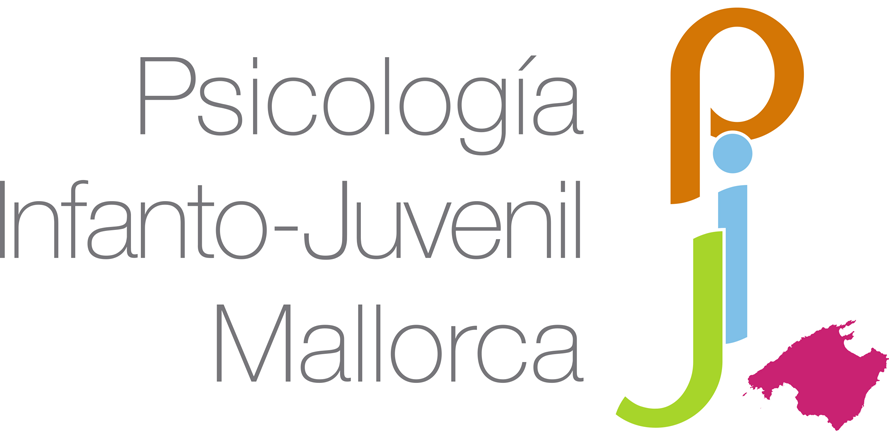
What is oppositional defiant disorder?
Oppositional defiant disorder (ODD) is a behavioral disorder that primarily affects children and adolescents. It is characterized by a persistent pattern of defiant, hostile, and disobedient behavior toward authority figures, such as parents, teachers, or other authority figures. This behavior goes beyond the typical rebellious behaviors seen in childhood and can significantly interfere with an individual’s social, academic, and family functioning.
The characteristics of oppositional defiant disorder can be grouped into three categories:
Anger/irritability:
- Frequently loses his cool
- Is often susceptible or easily upset
- Is often angry and resentful
Arguments/Defiant Attitude:
- Many times, argues with authority or adults, in the case of children and adolescents
- Often actively defies or refuses to comply with the request of authority figures or norms
- Oftentimes deliberately annoys others
- Often blames others for their mistakes or bad behavior
Vengeful:
- Comes across as spiteful or vindictive
If the disorder is persistent during development, it has important implications for quality of life. People who suffer from it have frequent conflicts with parents, teachers, friends and classmates, with emotional, social and academic deterioration being important. Therefore, early detection and intervention is of great importance.
What causes it?
The exact cause of oppositional defiant disorder is not known, but it is thought to be the result of a combination of different factors. These include:
- Genetic factors: There is evidence that ODD may have a genetic component, meaning that people who have family members with similar disorders may have an increased risk of developing ODD.
- Biological factors: Some research suggests that certain differences in brain structure and function may be associated with NDD. For example, abnormalities in the functioning of the prefrontal cortex, which is involved in impulse control and emotional regulation, may contribute to the development of NDD.
- Psychological factors: Emotional and behavioral problems, such as difficulty regulating emotions, low self-esteem, and lack of problem-solving skills, can contribute to the development of ODD.
- Environmental factors: Negative experiences in the family environment, such as family conflicts, emotional or physical abuse, neglect, exposure to negative behavior models, or lack of clear boundaries by caregivers, can increase the risk of developing NDD.
Is it related to ADHD?
Attention deficit hyperactivity disorder, commonly known as ADHD, is a neurodevelopmental disorder that is primarily characterized by a persistent pattern of inattention and/or hyperactivity-impulsivity. Although they are distinct disorders, they often overlap and can coexist in the same individual. Here are a few ways they relate:
- Coincidence in symptoms: Both ODD and ADHD can manifest with challenging and disruptive behaviors. Children with ADHD may show impulsivity, difficulty following directions, and trouble controlling their emotions, which are also hallmarks of ODD. This overlap of symptoms can make differential diagnosis difficult.
- Comorbidity: These disorders tend to coexist frequently. Studies have found that a significant proportion of children with ADHD also meet the criteria for NDD, and vice versa. Comorbidity can complicate treatment and symptom management, as both disorders can interact and exacerbate each other.
- Shared risk factors: Both disorders may share similar risk factors, such as a family history of mental disorders, genetic factors, difficulties in executive functioning, and dysfunctions in emotional regulation. These factors can contribute to the development and persistence of both disorders.
- Difficulties in self-regulation: Both NDD and ADHD involve difficulties in self-regulation. Children with ADHD may have difficulty regulating their attention and controlling their impulses, while those with ODD may have difficulty regulating their challenging emotions and behaviors. These difficulties in self-regulation can contribute to the presentation of challenging and disruptive behaviors in both conditions.
When making the diagnosis, it is important to do a thorough evaluation to identify the specific symptoms of each disorder so that a differential diagnosis can be made so that an individualized treatment plan can be developed that addresses the needs of each child.
How Can Oppositional Defiant Disorder Be Treated?
The evolution of this disorder depends on many factors, but with proper treatment, the symptoms usually decrease and even disappear. However, if the disorder is not properly treated, it can worsen, evolving into a Conduct Disorder.
The distinction between oppositional defiant disorder and conduct disorder is basically that in the former it is characterized by an oppositional aggressive psychological dimension, while in the latter by a more criminal dimension.
What guidelines can parents follow?
Parents can play a crucial role in managing their child’s oppositional defiant disorder. Some helpful guidelines include setting clear and consistent boundaries, using positive discipline strategies, encouraging open and effective communication, and seeking professional support when needed. Active participation in family therapy and the development of stress management skills for both parents and the child can be beneficial in the treatment process. Additionally, understanding and managing family stress, as well as seeking support, can be critical to the overall well-being of the family.
As we mentioned earlier, it is important to carry out good early intervention so that the consequences of the disorder do not worsen. If you suspect that your child may have these symptoms, do not hesitate to contact us. We will be happy to help you.
Laura Maymó Gallurt
Psychologist Col. Nº B-03427






